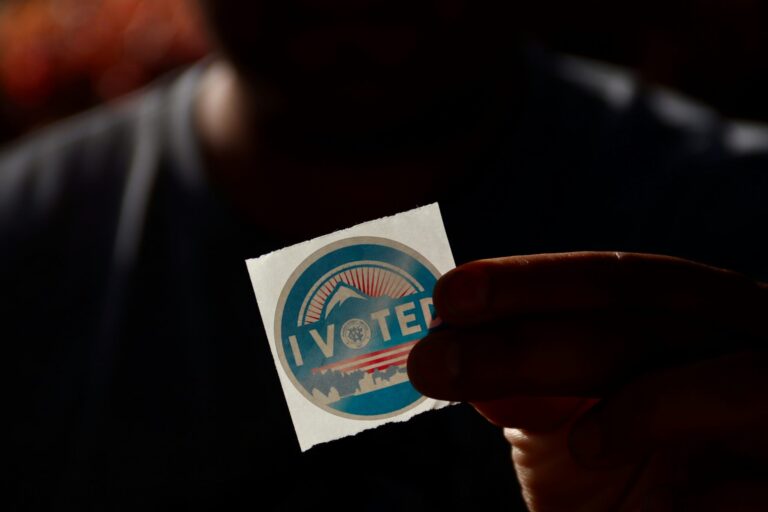The U.S. Supreme Court is poised to make a critical decision regarding voter identification laws, with significant implications for the future of voting rights in the country. The case at hand will determine whether these laws disproportionately affect minority groups, including African Americans, Latinos, and Native Americans, who often face challenges in acquiring the required forms of ID. The outcome could either bolster or undermine protections for vulnerable populations, leaving them at risk of disenfranchisement.
Voter ID laws, which require citizens to present certain forms of identification before casting their ballots, have been enacted in numerous states across the U.S. Supporters of these laws argue that they are a necessary measure to prevent voter fraud and preserve the integrity of elections. Despite the rarity of voter fraud, proponents believe these laws offer a straightforward solution to maintaining the legitimacy of the electoral process, especially as election security has become a heightened concern in recent years.
However, critics contend that these laws disproportionately impact minority voters, who are less likely to possess government-issued IDs. Low-income individuals, the elderly, and people with disabilities—already marginalized by society—often struggle to meet the requirements to obtain identification. Civil rights groups argue that voter ID laws act as modern-day voter suppression tools, putting up unnecessary barriers that could prevent large swaths of the population from voting.
This case has attracted considerable attention from both sides. Those opposing voter ID laws warn that upholding such measures could encourage even stricter laws in the future, especially in states with a history of voter disenfranchisement. These advocates hope that the Court will prioritize the protection of vulnerable voters, ensuring that access to the ballot box remains accessible to all Americans, regardless of their race, income, or physical ability.
On the other hand, advocates of voter ID laws argue that these measures are not discriminatory but are simply designed to ensure election integrity. They maintain that, even though the risk of voter fraud may be low, the potential consequences of allowing ineligible voters to cast ballots are significant. For many Republican lawmakers, who are staunch supporters of voter ID laws, these laws are viewed as a commonsense safeguard that helps ensure a fair election process.
The Supreme Court’s ruling in this case could set a pivotal precedent that will influence how voter identification laws are implemented across the nation. A decision that supports these laws might inspire other states to adopt similar regulations, potentially transforming how elections are conducted in the U.S. On the other hand, a ruling against voter ID laws could be a significant victory for voting rights advocates, signaling that the Court is committed to preserving the right to vote for all Americans, regardless of their ability to meet certain administrative requirements.
With the stakes high for both sides, this case underscores the ongoing tension between election security and voting rights. Civil rights groups are watching closely, hoping for a ruling that protects the fundamental right to vote without unnecessary obstacles. Meanwhile, those who support voter ID laws emphasize that their goal is to secure the integrity of the electoral system. Whatever the outcome, this case is likely to have lasting consequences on how voter ID laws are treated and how voting rights are safeguarded in the future.



